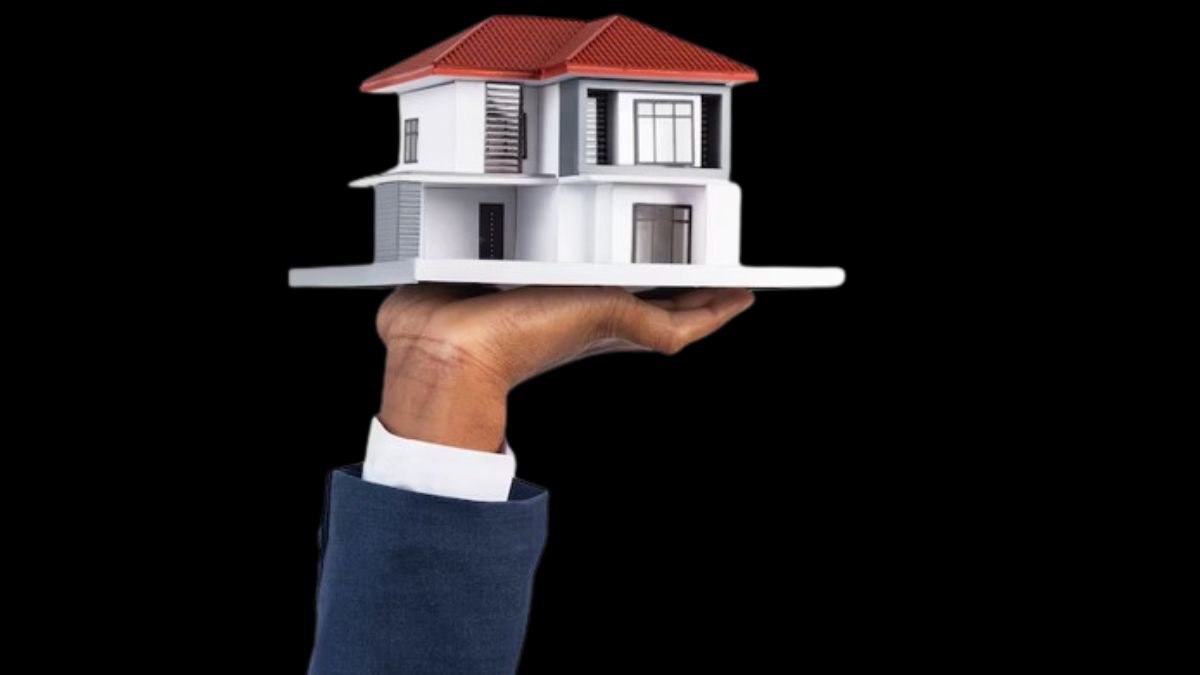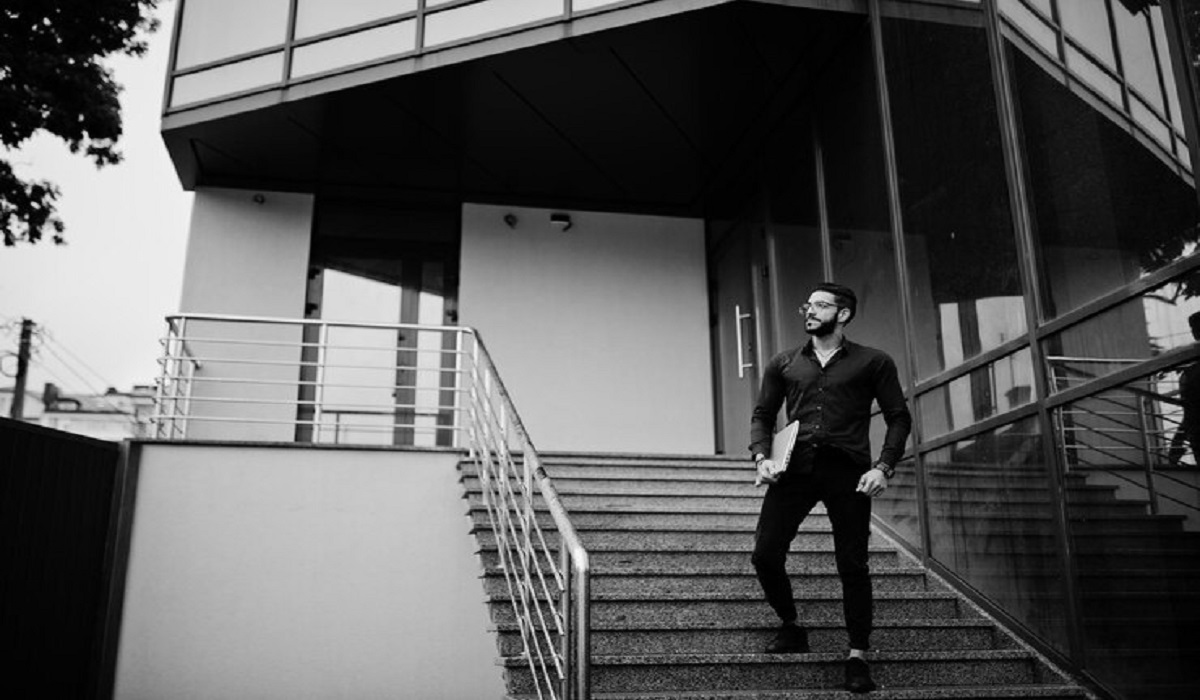vincent schachter cruz modular , Vincent Schachter Cruz has revolutionized the architectural landscape with his innovative approach to modular homes. Emphasizing sustainability, efficiency, and modern design, the Cruz Approach combines advanced technology with a commitment to environmental stewardship. Modular homes, in essence, are prefabricated structures consisting of multiple sections, or modules, that are manufactured off-site and then assembled on location. Vincent Schachter Cruz has taken this concept to new heights, integrating cutting-edge design principles and sustainable practices.
Defining Modular Homes
This method reduces waste, enhances quality control, and allows for quicker construction timelines. The result is a home that meets all building codes and standards while offering the same longevity and durability as traditionally built houses.
Historical Context
The concept of modular homes is not new. Prefabrication has been around since the early 20th century, with a significant boom post-World War II due to the need for rapid housing solutions. However, it wasn’t until architects like Vincent Schachter Cruz entered the scene that modular homes began to be viewed as a viable, high-quality alternative to traditional housing.
Evolution of Modular Architecture
Over the decades, modular architecture has evolved from simple, boxy structures to sophisticated, customizable homes. Vincent Schachter Cruz’s work represents the pinnacle of this evolution, combining aesthetics, functionality, and sustainability in a seamless package.
The Rise of Sustainable Living
In recent years, there has been a growing awareness of environmental issues and a corresponding rise in the demand for sustainable living solutions. Vincent Schachter Cruz has been at the forefront of this movement, advocating for eco-friendly construction practices and energy-efficient home designs.
Environmental Concerns
Climate change, resource depletion, and pollution are pressing global issues. The construction industry, traditionally a significant contributor to these problems, is now shifting towards more sustainable practices. Modular homes, with their reduced waste and energy-efficient designs, are a key part of this transformation.
Green Building Standards
Vincent Schachter Cruz’s modular homes adhere to rigorous green building standards, such as LEED (Leadership in Energy and Environmental Design) and Passive House certifications. These standards ensure that the homes are not only energy-efficient but also built with environmentally responsible materials and practices.
Impact on Society
Sustainable living extends beyond individual homes to encompass entire communities. Vincent Schachter Cruz’s approach promotes the development of eco-friendly neighborhoods, reducing the overall carbon footprint and fostering a greater sense of environmental responsibility among residents.
Read Also : Unveiling WNBA Rookie Stats 2024 Top Performers and Future Stars
Key Features of Vincent Schachter’Cruz’Modular Architecture
The distinctiveness of Vincent’Schachter’Cruz modular homes lies in their unique combination of design, materials, and customization options. These features set them apart from traditional homes and other modular constructions.
Design and Aesthetics
Cruz’s designs are renowned for their modern, sleek aesthetics. Clean lines, open spaces, and large windows characterize his homes, creating a sense of harmony with the surrounding environment. The architectural style is both contemporary and timeless, appealing to a wide range of tastes.
Materials Used
Vincent Schachter Cruz places a strong emphasis on using sustainable, high-quality materials. From recycled steel to energy-efficient insulation, every component is chosen with care to minimize environmental impact while ensuring durability and performance.
Customization Options
One of the standout features of Cruz modular homes is their high degree of customization. Homebuyers can choose from various floor plans, finishes, and fixtures to create a space that reflects their personal style and needs. This flexibility is a significant advantage over traditional construction, where changes can be costly and time-consuming.
Benefits of Vincent’Schachter’Cruz Modular Homes
There are numerous benefits to choosing a Vincent’Schachter’Cruz modular home, ranging from energy efficiency to cost savings and quick construction times.
Energy Efficiency
Features such as solar panels, high-performance windows, and advanced insulation reduce energy consumption, lowering utility bills and reducing the home’s carbon footprint.
Cost-Effectiveness
While the initial investment in a modular home can be comparable to traditional construction, the long-term savings are substantial. Reduced energy bills, lower maintenance costs, and shorter construction times contribute to the overall cost-effectiveness of these homes.
Quick Construction Time
One of the most significant advantages of modular construction is the speed at which homes can be built. Since the modules are constructed in a factory while site work is completed simultaneously, the overall construction time is significantly reduced. This efficiency means homeowners can move into their new homes faster.
Flexibility and Adaptability
Vincent Schachter Cruz modular homes are inherently flexible and adaptable. They can be easily expanded or modified to accommodate changing needs, such as growing families or new technologies. This adaptability ensures that the homes remain relevant and functional for years to come.
The Cruz Approach
Vincent Schachter Cruz’s approach to modular architecture is rooted in a clear philosophy and vision, which is reflected in his implementation strategies and successful case studies.
Philosophy and Vision
At the heart of the Cruz Approach is a commitment to sustainability, innovation, and quality. Vincent Schachter Cruz believes in creating homes that not only meet the needs of their inhabitants but also contribute positively to the environment and society.
Implementation Strategies
To realize his vision, Cruz employs a range of innovative strategies. These include leveraging advanced manufacturing techniques, collaborating with top designers and engineers, and continuously researching new materials and technologies.
Case Studies
Numerous successful projects showcase the effectiveness of the Cruz Approach. From single-family homes to multi-unit developments, these case studies highlight the versatility and appeal of Vincent’Schachter’Cruz modular homes.
Read Also : https://guia-automovil.com/2019/08/01/autos-mas-usados Top Reliable Used Cars You Can Trust
Innovative Technologies in Cruz Modular Homes
Vincent’Schachter’Cruz integrates the latest technologies into his modular homes, enhancing their functionality, efficiency, and overall living experience.
Smart Home Integration
Cruz modular homes are equipped with smart home technologies that enhance convenience and security. Features such as automated lighting, climate control, and security systems can be controlled remotely, offering homeowners greater control over their living environment.
Renewable Energy Solutions
To further enhance energy efficiency, Cruz incorporates renewable energy solutions such as solar panels and geothermal heating systems. These technologies reduce reliance on fossil fuels and contribute to a more sustainable lifestyle.
Advanced Construction Techniques
Vincent Schachter Cruz utilizes advanced construction techniques, such as 3D printing and robotic assembly, to improve the precision and efficiency of the building process. These innovations reduce waste, enhance quality, and shorten construction times.
Environmental Impact of Cruz Modular Architecture
The environmental benefits of Cruz modular homes extend beyond energy efficiency to encompass a broader commitment to sustainability.
Carbon Footprint Reduction
By incorporating energy-efficient designs and renewable energy solutions, Cruz modular homes significantly reduce their carbon footprint. This reduction is a crucial step towards mitigating climate change and promoting a more sustainable future.
Sustainable Resource Use
Vincent Schachter Cruz prioritizes the use of sustainable resources in his homes. From responsibly sourced timber to recycled materials, every effort is made to minimize environmental impact and promote resource conservation.
Waste Minimization
The factory-controlled construction process of modular homes results in significantly less waste compared to traditional building methods. This efficiency not only reduces environmental impact but also lowers construction costs.
Financial Considerations
Investing in a Vincent’Schachter’Cruz modular home involves various financial considerations, from initial costs to long-term savings and financing options.
Investment and ROI
While the upfront cost of a modular home can be comparable to traditional construction, the return on investment (ROI) is often higher due to energy savings, lower maintenance costs, and the potential for increased property value.
Long-term Savings
The energy-efficient features of Cruz modular homes translate to significant long-term savings. Homeowners can expect lower utility bills and reduced maintenance costs, making these homes a financially sound choice.
Financing Options
Various financing options are available for purchasing a modular home. From traditional mortgages to green home loans, prospective buyers have several avenues to explore to make their dream home a reality.
Future of Modular Architecture
The future of modular architecture is bright, with emerging trends, potential challenges, and growth opportunities shaping its trajectory.
Emerging Trends
Technological advancements and growing environmental awareness are driving new trends in modular architecture. Innovations such as smart home integration, renewable energy solutions, and advanced construction techniques are becoming increasingly prevalent.
Potential Challenges
Despite its many advantages, modular architecture faces challenges such as regulatory hurdles, public perception, and the need for skilled labor. Addressing these issues is crucial for the continued growth and acceptance of modular homes.
Growth Opportunities
The demand for sustainable, affordable housing is expected to drive significant growth in the modular architecture market. As more people recognize the benefits of modular homes, the industry is poised for expansion and innovation.
Conclusion
Vincent Schachter Cruz Modular Architecture represents a significant advancement in the housing industry, combining sustainability, efficiency, and modern design. With a commitment to environmental stewardship and innovative building practices, the Cruz Approach offers a compelling alternative to traditional construction. As the demand for sustainable living solutions continues to grow, Vincent Schachter Cruz’s modular homes stand out as a leading choice for eco-conscious homeowners.
Frequently Asked Questions
How durable are Vincent’Schachter’Cruz modular homes?
Vincent’Schachter’Cruz modular homes are built to last, using high-quality materials and rigorous construction standards. These homes are designed to withstand various environmental conditions and provide long-term durability.
Can these homes be customized?
Yes, one of the key features of Vincent’Schachter’Cruz modular homes is their high degree of customization. Homebuyers can choose from a variety of floor plans, finishes, and fixtures to create a home that suits their personal style and needs.
What are the energy savings?
Cruz modular homes are designed with energy efficiency in mind, incorporating features such as solar panels, high-performance windows, and advanced insulation. These elements significantly reduce energy consumption and lower utility bills.
How long does it take to build?
The construction time for a Vincent’Schachter’Cruz’modular home is significantly shorter than traditional methods. On average, a modular home can be completed in a matter of weeks, depending on the complexity of the design and site conditions.
Are these homes eco-friendly?
They adhere to green building standards and incorporate eco-friendly materials and energy-efficient technologies, making them a sustainable choice.
What are the financing options?
Various financing options are available for modular homes, including traditional mortgages, green home loans, and financing programs specifically designed for sustainable housing projects.





